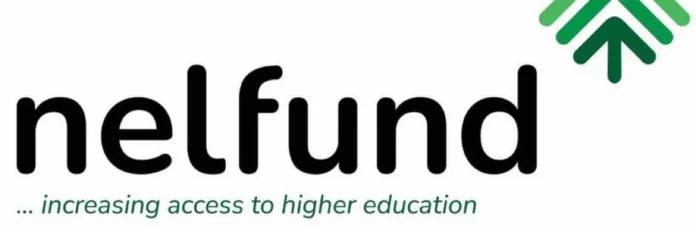Nigeria, the giant of Africa, is grappling with an unprecedented economic crisis that has left millions of its citizens teetering on the edge of survival. The confluence of various factors, including global economic downturns, dwindling oil revenues, and the impact of the COVID-19 pandemic, has exacerbated an already challenging situation.

The economic woes facing Nigeria are palpable. Annual inflation is nearing 30%, the highest figure in nearly three decades. The cost of living has surged, and basic necessities have become increasingly unaffordable. Consider this: a litre of petrol now costs more than three times what it did just nine months ago, while the price of staple foods like rice has more than doubled in the past year. Yet, the monthly minimum wage remains stagnant at 30,000 naira (equivalent to just $19) since 2019. As prices soar, many Nigerians are going hungry, rationing their food or seeking cheaper alternatives. In the northern regions, some are even consuming rice that would typically be discarded during the milling process, a desperate measure to survive.
President Bola Tinubu, who assumed office last May, embarked on ambitious economic reforms. One significant move was ending the long-standing fuel subsidy, which had kept petrol prices artificially low for citizens in this oil-producing nation. While the subsidy was a drain on public finances, its removal led to an abrupt spike in petrol prices. Consequently, transportation and energy costs surged, affecting other goods and services. The burden fell squarely on the shoulders of ordinary Nigerians, who grappled with the ripple effects of this policy change.
The planned nationwide protest against hunger and economic hardship faced criticism from students. Comrade Jibrin Sani Bello, Senate President of the National Association of Kano State Students (NAKS), expressed concerns about the protest’s unknown organisers. Fearing unintended consequences, the students decided to withdraw their participation. They highlighted how protests disrupt academic activities, potentially exacerbating educational challenges. Instead, they advocated for expanding the National Education Loan Fund (NELFUND) to provide scholarships for eligible students, emphasizing the need for effective organization and divine intervention to address broader national issues.
As Nigeria grapples with economic turmoil, there’s a pressing need for humanitarian gestures. Compassion, solidarity, and innovative solutions are crucial. Whether through targeted social programs, community support networks, or public-private partnerships, Nigerians must come together to alleviate the suffering caused by soaring prices and stagnant wages. It’s a collective effort, one that transcends protests and embraces practical solutions to safeguard the well-being of all citizens.
In these challenging times, Nigeria’s resilience and determination will be tested. As the nation navigates its economic storm, let us remember that compassion and empathy can be powerful tools for change. Together, we can weather this crisis and emerge stronger on the other side.




